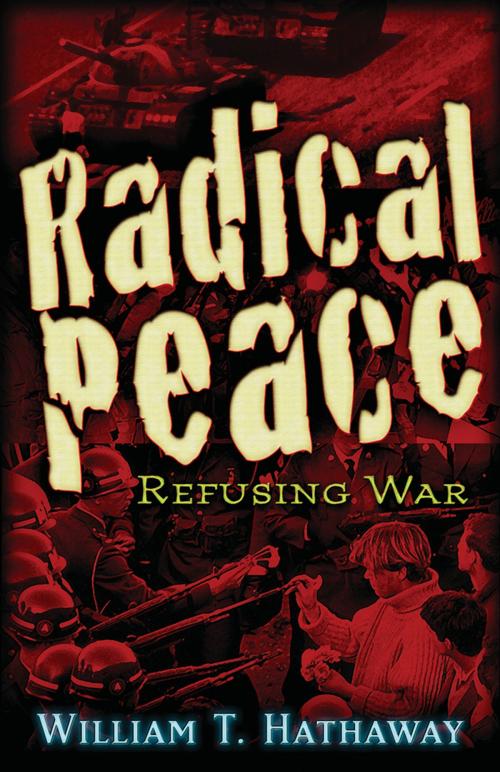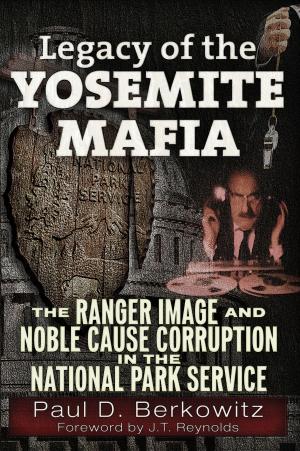Radical Peace
Refusing War
Nonfiction, Social & Cultural Studies, Political Science, Politics, History & Theory| Author: | William Hathaway | ISBN: | 9781936296309 |
| Publisher: | Trine Day | Publication: | March 15, 2010 |
| Imprint: | Trine Day | Language: | English |
| Author: | William Hathaway |
| ISBN: | 9781936296309 |
| Publisher: | Trine Day |
| Publication: | March 15, 2010 |
| Imprint: | Trine Day |
| Language: | English |
This symphony of voices—a loosely united network of war resisters, deserters, and peace activists in Afghanistan, Europe, Iraq, and North America—vividly recounts the actions they have personally taken to end war and create a peaceful society. Frustrated, angered, and even saddened by the juggernaut of aggression that creates more counter-violence at every turn, this assortment of contributors has moved beyond demonstrations and petitions into direct, often radical actions in defiance of the government’s laws to impede its capacity to wage war. Among the stories cited are those of a European peace group that assisted a soldier in escaping from military detention and then deserting; a U.S.-educated Iraqi who now works in Iran developing cheaper and smaller heat-seeking missiles to shoot down U.S. aircraft after U.S. soldiers brutalized his family; a granny for peace who found young allies in her struggle against military recruiting; a seminary student who, having been roughed up by U.S. military at a peace demonstration, became a military chaplain and subverts from within; and a man who expresses his resistance through the destruction of government property—most often by burning military vehicles.
This symphony of voices—a loosely united network of war resisters, deserters, and peace activists in Afghanistan, Europe, Iraq, and North America—vividly recounts the actions they have personally taken to end war and create a peaceful society. Frustrated, angered, and even saddened by the juggernaut of aggression that creates more counter-violence at every turn, this assortment of contributors has moved beyond demonstrations and petitions into direct, often radical actions in defiance of the government’s laws to impede its capacity to wage war. Among the stories cited are those of a European peace group that assisted a soldier in escaping from military detention and then deserting; a U.S.-educated Iraqi who now works in Iran developing cheaper and smaller heat-seeking missiles to shoot down U.S. aircraft after U.S. soldiers brutalized his family; a granny for peace who found young allies in her struggle against military recruiting; a seminary student who, having been roughed up by U.S. military at a peace demonstration, became a military chaplain and subverts from within; and a man who expresses his resistance through the destruction of government property—most often by burning military vehicles.















